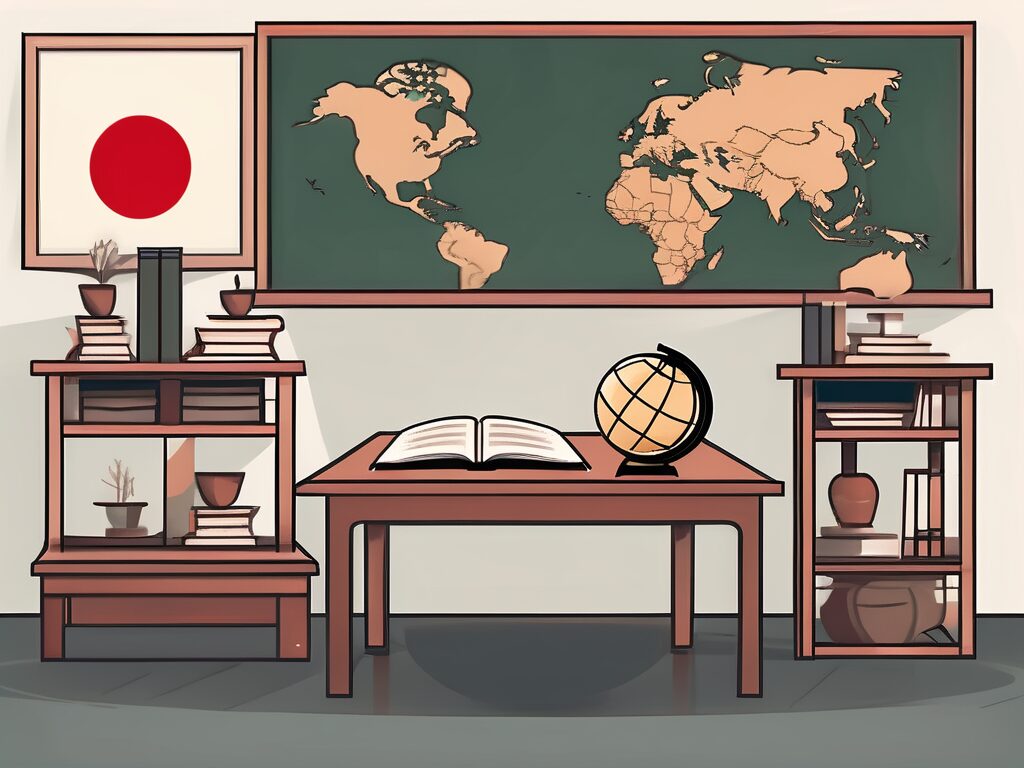A Comprehensive Guide to Teaching in International Schools in Cambodia
Cambodia, often overlooked as a destination for educators seeking international teaching opportunities, is emerging as a noteworthy option. This Southeast Asian nation, characterized by its rich cultural heritage and welcoming populace, is increasingly attracting educators who aspire to expand their professional horizons. This guide aims to equip prospective teachers with essential insights regarding teaching in international schools in Cambodia.
Overview of the Cambodian Education System
To effectively navigate the landscape of international education in Cambodia, it is imperative to understand the local education system. This foundational knowledge will elucidate the significance of international schools within the broader educational framework.
The Cambodian education system is structured into three primary levels: primary, secondary, and tertiary. Primary education spans six years, followed by secondary education, which is divided into two three-year cycles. Tertiary education encompasses universities and vocational training institutions.
It is crucial to acknowledge the historical challenges faced by the Cambodian education system, particularly the impact of the Khmer Rouge regime in the 1970s, which severely disrupted educational infrastructure. Consequently, international schools have emerged as vital institutions, providing high-quality educational opportunities for both local and expatriate students.
Expectations for Educators in International Schools in Cambodia
Curriculum Framework
International schools in Cambodia predominantly adhere to globally recognized curricula, including the International Baccalaureate (IB), British curriculum (GCSEs and A-Levels), and American curriculum. Educators will find that the pedagogical approaches and instructional materials are often consistent with those utilized in other international settings.
Moreover, many institutions integrate aspects of the Cambodian curriculum, particularly in subjects such as history and cultural studies. This integration presents a unique opportunity for educators to engage with and impart local cultural knowledge in a meaningful context.
Diversity of the Student Body
The student population in international schools in Cambodia is typically diverse, comprising individuals from various nationalities. This diversity fosters a dynamic and multicultural classroom environment, although it may also introduce challenges related to language proficiency and cultural nuances.
Nevertheless, students in these institutions are generally motivated and come from families that prioritize education, making the teaching experience both fulfilling and impactful.
Securing a Teaching Position in Cambodia’s International Schools
Having established expectations, it is essential to explore the practical aspects of securing a teaching position in an international school in Cambodia.
Required Qualifications
Most international schools in Cambodia mandate that educators possess a Bachelor’s degree, ideally in education or a related discipline. Additionally, a recognized teaching qualification, such as a PGCE (Postgraduate Certificate in Education) or a TEFL (Teaching English as a Foreign Language) certificate, is typically required.
Experience is highly regarded, with many institutions preferring candidates who have a minimum of two years of teaching experience. However, opportunities for newly qualified teachers may exist, particularly in schools that are expanding or establishing new campuses.
Job Search Strategies
Prospective educators can explore various avenues to identify teaching positions in international schools in Cambodia. Recommended strategies include:
- Utilizing online job boards and recruitment agencies.
- Regularly checking the websites of international schools for job postings.
- Engaging in networking opportunities, such as education fairs and professional events, particularly if already residing in Cambodia.
Application Process Overview
The application process for teaching positions in international schools in Cambodia is generally straightforward. It typically involves the submission of a CV and cover letter, followed by an interview. Some institutions may also require a teaching demonstration or a written assessment.
Given the competitive nature of the hiring process, particularly for desirable positions, it is essential for candidates to present a compelling application. Highlighting relevant qualifications, experience, and unique skills is crucial, as is demonstrating genuine enthusiasm for the role.
Living and Working in Cambodia
In addition to professional considerations, understanding the living conditions in Cambodia is vital for prospective educators. Teaching abroad encompasses not only the professional experience but also the cultural immersion and lifestyle adjustments associated with residing in a new country.
Cambodia presents a unique blend of ancient heritage and modern development, where historical temples coexist with urban centers. The cost of living is relatively low compared to many Western nations, allowing educators to maintain a comfortable lifestyle on a teacher’s salary.
The Cambodian populace is renowned for its hospitality, and expatriates often report a sense of welcome and acceptance. However, it is important to remain cognizant of potential challenges, including infrastructure limitations, healthcare access, and bureaucratic processes. Thorough research and preparation are advisable.
In summary, teaching in international schools in Cambodia offers a rewarding opportunity for educators to contribute positively to students’ lives while experiencing a rich cultural landscape. For those willing to embrace this adventure, the rewards can be substantial.
Elevate Your International Teaching Career with IPGCE
Are you prepared to advance your teaching career in Cambodia or beyond? The International Postgraduate Certificate in Education (iPGCE) is designed to support educators in enhancing their qualifications and overcoming barriers to professional growth. Our program has enabled teachers to achieve a 50% increase in interview callbacks and a 45% rise in promotion rates. Participants gain critical insights into global education systems and connect with a vibrant professional community. Take advantage of flexible online study options that accommodate your teaching commitments. Do not let insufficient credentials or limited advancement opportunities hinder your potential. Enroll in the UK’s leading Teacher Training Course today and watch your international teaching career thrive.

